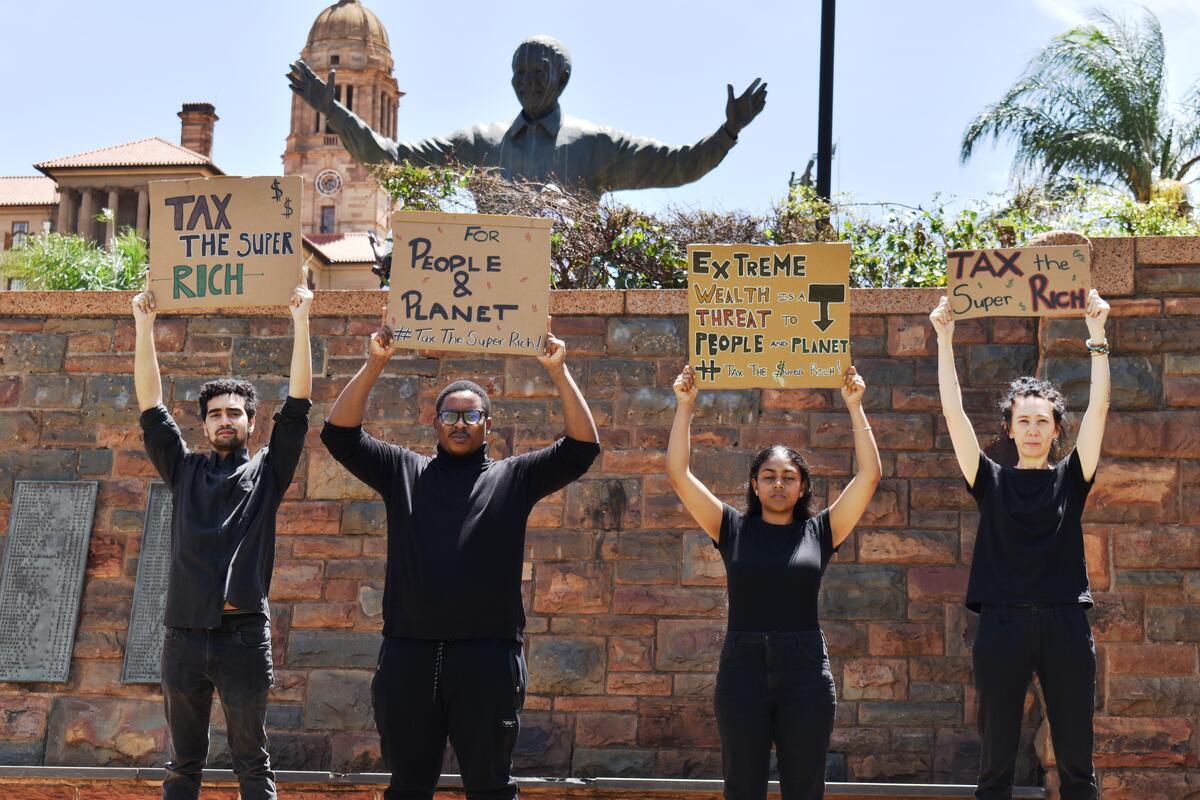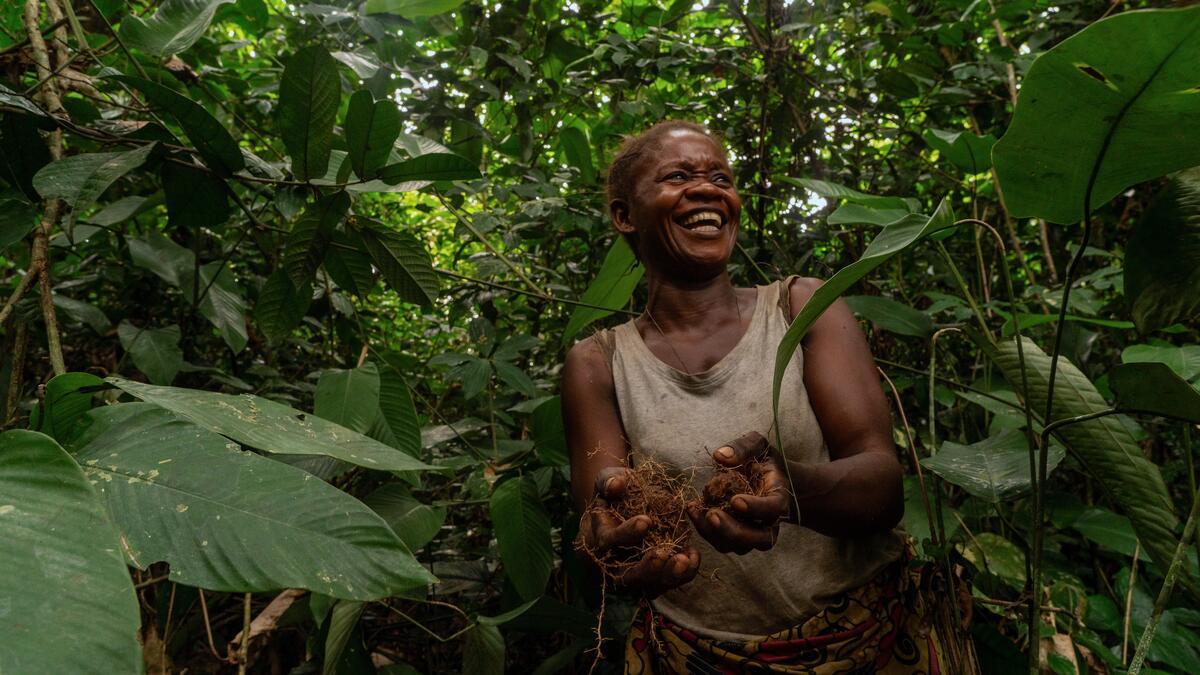Two years after the Just Transition Partnership was announced by South Africa and Global North partners, a similar Just Transition Partnership has been announced with Senegal, as a part of a pledge to mobilise USD 100 billion in climate finance. These partnerships present much more than an opportunity to decarbonise two African economies.
These partnerships exemplify Africa’s opportunity to shake up a legacy left by colonial administrations and a neo-colonial development model that has been plundering Africa’s resources for self-enrichment. If implemented correctly, this can offer a chance to leapfrog fossil fuels that have left destruction and suffering in their wake. Electric bikes dotting the bustling roads of Nairobi or Kampala and off-grid solar-powered communities in isolated villages are the sprouts of a green pan-African revolution.
Most importantly, this can allow the continent to write a new story, one in which we embrace our history as Africans and forge an alternative future. A story of how Africa is developing itself.
The climate crisis underpins the global poly-crisis: it is a threat multiplier for Africa, with the worst drought on record hitting Somalia, Ethiopia, Kenya and South Sudan aggravating food insecurity; extreme heat and wildfires raging in North Africa, desertification across the Sahel, rising seas especially along the Red Sea and southwest Indian Ocean, and floods wreaking havoc in recent months from Guinea to Ivory Coast and Ghana, from South Africa to Algeria. As recently as February and March 2023, the 34-day-long Cyclone Freddy made landfall in Mozambique, Zimbabwe, Zambia, Malawi and Madagascar, affecting 1.75 million people and effectively displaced over 8 000 people. These realities reaffirm the importance of aligning with the politically endorsed scientific consensus to limit global warming below 1.5ºC.
While Africa is responsible for less than 4% of global emissions, we are at the most significant risk of extreme weather events due to historical injustices, poor adaptive capacity and bad governance. Blessed with a growing population and on track to eradicate poverty, our harmful emissions would also rise, with some estimating that by 2060 total African emissions would reach US proportions. At the same time, we allow our rainforests to be destroyed, reducing our ability to absorb CO2.
The Intergovernmental Panel on Climate Change (IPCC) has called for “strong reductions in greenhouse gas emissions (GHG)” and cautioned against new fossil fuel investments to avoid an even worse climate crisis limit further climate impacts. However, while every farmer and fisher in Africa has already felt the pain of climate change, the prospect of a just transition has been met with political strife and resistance.
Climate change is a transboundary issue, so it calls for collaborative action from our leaders to mitigate further destruction and ensure the resilience of communities across the continent.
From the secret trade-off deal in the auction of oil blocks in the Democratic Republic of Congo and the take-or-pay gas contracts that have cost Ghana 2% of its GDP per annum since 2019, to the politically influenced Karpowership Project in South Africa, it is abundantly clear that these projects are not for Africans. It is time to end the era of fossil fuel protectionism in Africa and put people before profit. The extractivist mindset must be stopped, and a new generation of Africans will continue to campaign for polluters to pay for their historical injustices, while eliminating fossil fuel expansion. Africa will not remain in the dirty trap of fossil fuel extraction. The toxic loop of extraction and poverty must end now.
Africa is strategically and geographically positioned to be a driver of decarbonisation and define an alternative future. Africa has abundant natural resources apt for renewable energy development and instead of trailing behind the rapid shift in the global energy market, leaders convening in Nairobi this week for the Africa Climate Summit can commit to make the world’s first 100% renewable energy-run countries in Africa.
Beyond energy, our history, indigenous traditions, and rich biodiversity are drivers of tourism and medical advancements. With 70% of Africans under the age of 30, we must optimize investments in their skills and knowledge to drive innovation. In order to drive effective change, a bottom-up approach must be employed to ensure no one is left behind in this transition. When the roots are deep, there is no need to fear the wind. The alternative model for Africa’s development can be shaped by the spirit of ubuntu, driven by ubunifu and bound together by ingwebuike. The prospects for transitioning Africa from a model of resource extraction to a knowledge economy are abundant and promising.
When leaders speak of the climate crisis in Nairobi next week, we will be there – together with allies in the African environmental movement – to insist that their words are followed up with action and that this time of crisis gives birth to a generation of opportunities.
Authored by
Dr. Oulie Keita,
Greenpeace Africa’s Executive Director
Thandile Chinyavanhu,
Greenpeace Africa’s Climate and Energy Campaigner.
Originally published in the East AfricanToday



